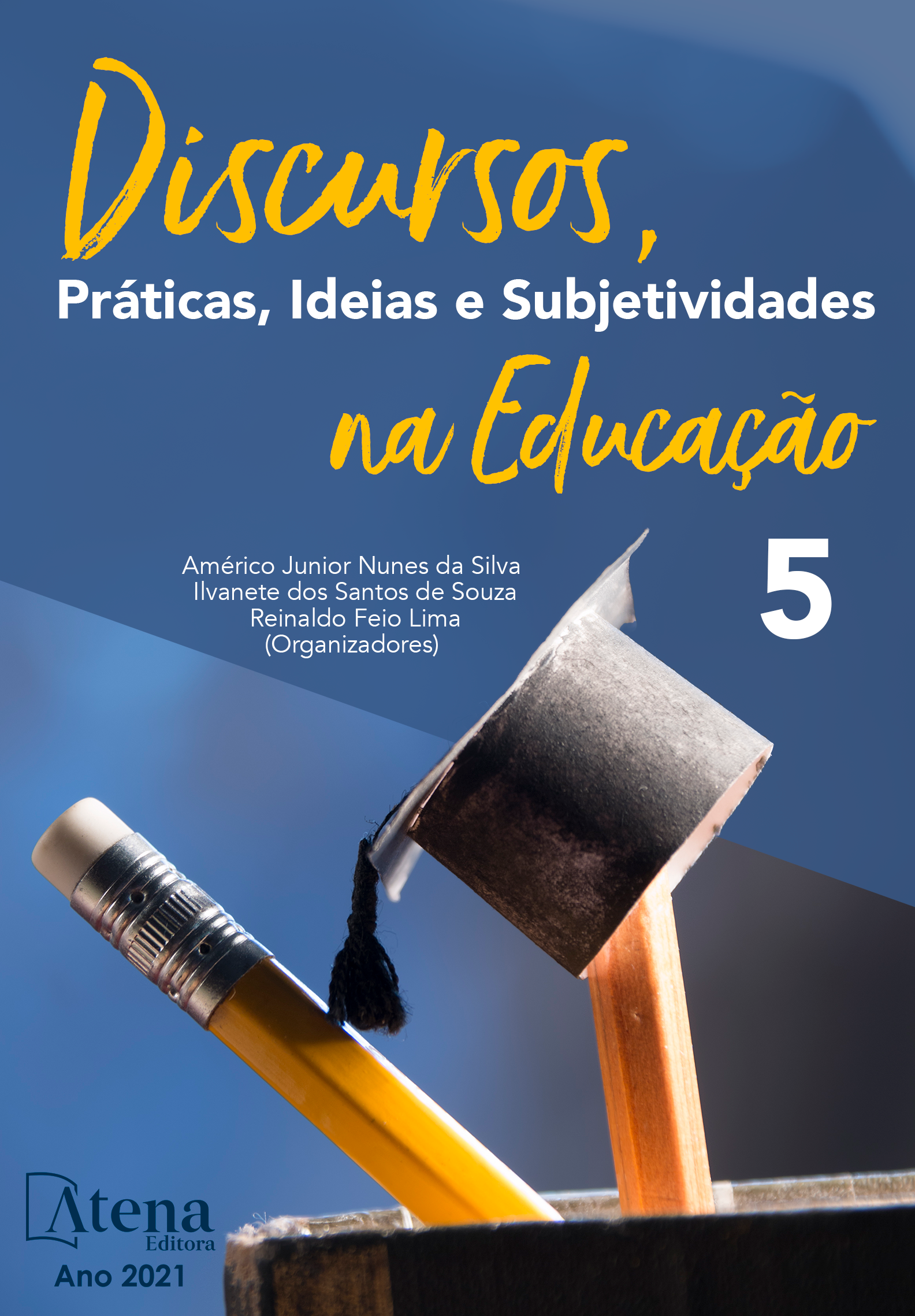
EDUCAÇÃO AMBIENTAL E CIDADANIA: DIÁLOGOS E PERCEPÇÕES DOS EDUCANDOS DO ENSINO FUNDAMENTAL SOBRE A COLETA SELETIVA
Com o aumento da produção de bens de consumo e o avanço do capitalismo, nota-se que cada vez mais a sociedade tem produzido toneladas de lixo em todo o planeta, impactando diretamente o meio ambiente. Nesse contexto, o cidadão tem um papel crucial na intervenção em ações coletivas que prejudiquem o ambiente natural. Diante destas discussões, a educação ambiental almeja uma transformação pessoal, que implica em benefícios sociais e sustentáveis. Se trabalhada desde a infância, possibilita uma maior responsabilidade social com relação ao meio ambiente. A coleta seletiva do lixo é um dos meios que auxilia a amenizar os impactos ambientais causados pelas ações do homem. Diante disso, com este estudo objetivou-se verificar a percepção dos estudantes do ensino fundamental II sobre a relevância da instalação da coleta seletiva no município de Campos Sales – CE. Trata-se de um estudo de campo, descritivo com abordagem qualitativa e quantitativa. Foi realizada roda de conversas e questionário como forma de interação com os educandos, discutindo este problema ambiental e identificando a visão dos mesmos após os diálogos. Verificou-se que grande parte dos estudantes encontra alguma dificuldade no momento de separar o lixo. Estes relataram não ter o apoio da família e da sociedade na realização destas ações. Ao final dos diálogos proporcionados através da roda de conversa, os educandos demonstraram empoderamento e interesse em produzir menos lixo e cuidar mais do seu destino final, a fim de ajudar na preservação do meio ambiente.
EDUCAÇÃO AMBIENTAL E CIDADANIA: DIÁLOGOS E PERCEPÇÕES DOS EDUCANDOS DO ENSINO FUNDAMENTAL SOBRE A COLETA SELETIVA
-
DOI: 10.22533/at.ed.27521280416
-
Palavras-chave: Educação Ambiental. Coleta Seletiva. Ensino Fundamental II.
-
Keywords: Environmental Education. Selective Collect. Middle School.
-
Abstract:
With the increase in the production of consumer goods and the advance of capitalism, directly impacting the environment. In this context, the citizen has a crucial role in the intervention in collective actions that harm the natural environment. With this in mind, environmental education aims at personal transformation, which implies social and sustainable benefits. If worked since childhood, it allows greater social responsibility in relation to the environment. The selective garbage collection is one of the means that helps to mitigate the environmental impacts caused by human actions. Therefore, this study aimed to verify the perception of middle school students on the relevance of installing selective collection in the municipality of Campos Sales - CE. It is a descriptive field study with a qualitative and quantitative approach. Conversations and questionnaires were held as a way of interacting with students, discussing this environmental problem and identifying their view after the dialogues. It was found that most students encounter some difficulty when separating garbage. These reported not having the support of the family and society in carrying out these actions. At the end of the dialogues provided through the conversation wheel, the students showed empowerment and interest in producing less waste and taking better care of their final destination, in order to help preserve the environment.
-
Número de páginas: 11
- Antonia Micaelle de Alencar
- Janete de Souza Bezerra
- Sebastiana Micaela Amorim Lemos
- Clara Edilsânia Nogueira da Silva
- Rita Celiane Alves Feitosa
- Lidiana de Souza Freire
- Gécica Coelho do Nascimento Oliveira
- VERONICA NOGUEIRA DO NASCIMENTO


